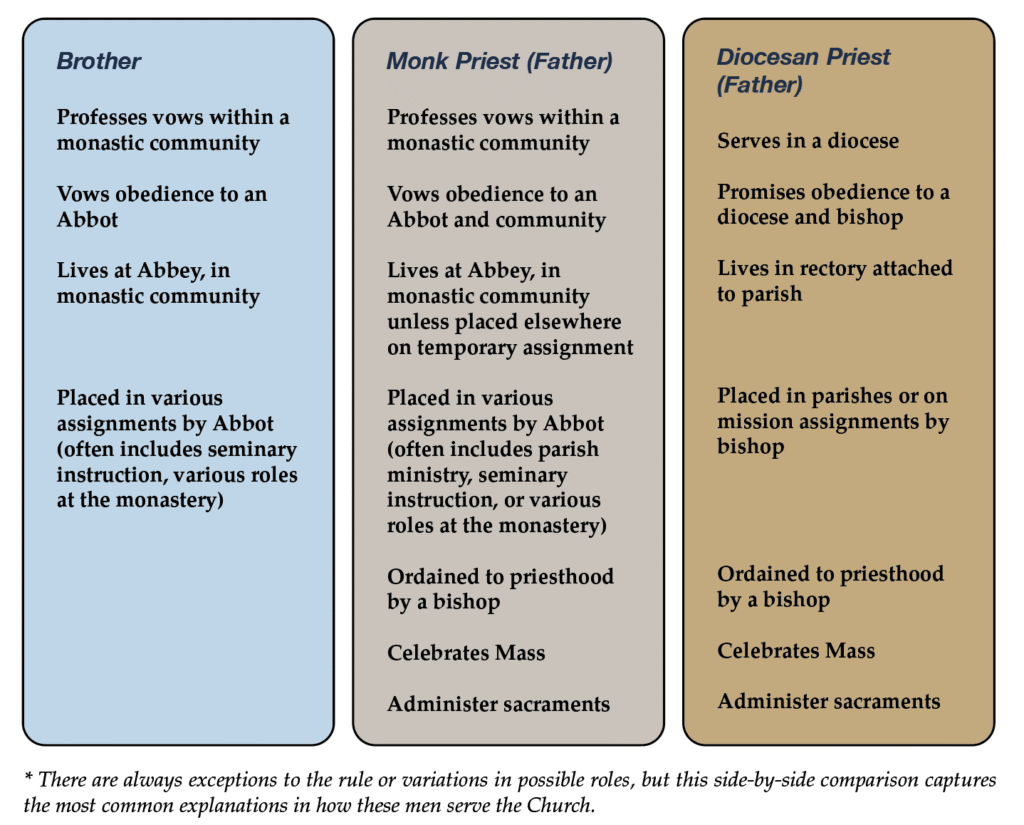The Catholic Church is a vast and intricate institution, guided by spiritual leaders who play vital roles in the lives of millions. Two terms often used interchangeably are “priest” and “pastor,” leading to confusion about their distinct functions within the Church. This article aims to clarify the differences between these roles, exploring their unique responsibilities and contributions to the Catholic community.
This article will delve into the definitions of “priest” and “pastor,” outlining their respective roles and responsibilities within the Catholic Church. We’ll examine the specific duties of a priest, including the administration of sacraments, and explore the leadership role of a parish pastor in guiding and managing a local congregation. Finally, we’ll highlight the shared responsibility of both priests and pastors in providing pastoral care to the faithful.
Priest vs Pastor Defined
While both catholic pastor and catholic priest serve as spiritual guides within the Catholic Church, their designations reflect different aspects of their roles. “Priest” refers to an individual’s ordained status, signifying a lifelong commitment to serving God and the Church through specific liturgical and pastoral duties.
The term “pastor,” on the other hand, denotes a leadership position within a particular parish. A catholic pastor is typically assigned to oversee a specific congregation, guiding its spiritual growth, managing its affairs, and providing overall leadership. It’s important to note that not all priests are pastors; some may serve in other roles within the Church, such as chaplains or missionaries.
Roles and Responsibilities of a Priest

A priest’s primary role is to celebrate Mass, the central act of worship in Catholicism. They lead the congregation in prayer, preach sermons, and consecrate the Eucharist, the bread and wine believed to become the body and blood of Christ. Beyond celebrating Mass, priests are responsible for administering other sacraments, such as baptism, confirmation, reconciliation (confession), anointing of the sick, and matrimony.
Priests also play a crucial role in providing spiritual guidance and support to their parishioners. They offer counsel during times of difficulty, celebrate life events like baptisms and weddings, and visit the sick and elderly. Their pastoral care extends beyond individual counseling to encompass the entire parish community, fostering a sense of unity and belonging.
Theological Formation
Priests undergo rigorous theological training before ordination. This involves years of study at seminaries, where they delve into Scripture, Church doctrine, moral theology, and liturgical practices. The formation process aims to equip them with the knowledge and skills necessary to fulfill their priestly duties effectively.
Duties of a Parish Pastor
A parish pastor serves as the chief shepherd of his congregation, responsible for its spiritual well-being and administrative oversight. They guide the parish community in living out its Catholic faith, fostering a welcoming and inclusive environment for all members.
Pastors are involved in various aspects of parish life, including planning liturgical celebrations, organizing religious education programs, overseeing fundraising initiatives, and managing the parish budget. They also serve as liaisons between the local community and the wider Church hierarchy, representing the needs and concerns of their parishioners to higher authorities.
Community Engagement
Parish pastors often play an active role in engaging with the broader community. They may participate in interfaith dialogues, collaborate with local charities, or advocate for social justice causes aligned with Catholic teachings. By extending their reach beyond the parish walls, pastors strive to make a positive impact on society as a whole.
Sacraments Administered by Priests

Priests are ordained ministers authorized to celebrate and administer the seven sacraments of the Catholic Church. These sacred rituals are believed to be channels of God’s grace, offering spiritual nourishment and healing to individuals and communities.
The sacraments administered by priests include: Baptism, Confirmation, Eucharist (Holy Communion), Reconciliation (Confession), Anointing of the Sick, Holy Orders, and Matrimony. Each sacrament holds a unique significance within the Catholic faith, signifying different aspects of God’s love and salvation.
Pastoral Care Provided by Both
Both catholic pastor and catholic priest share the responsibility of providing pastoral care to their parishioners. This involves offering spiritual guidance, emotional support, and practical assistance during times of need.
They listen attentively to concerns, offer words of encouragement, and guide individuals towards a deeper understanding of their faith. Pastoral care encompasses a wide range of activities, from celebrating milestones like baptisms and weddings to providing comfort during funerals and offering solace in times of grief.
Conclusion
While both catholic pastor and catholic priest serve as spiritual leaders within the Catholic Church, their roles differ in scope and emphasis. A priest’s ordination signifies a lifelong commitment to celebrating sacraments and providing spiritual guidance, while a pastor’s leadership role focuses on overseeing a specific parish community.
Ultimately, both catholic pastor and catholic priest contribute significantly to the life of the Church, guiding individuals towards a deeper relationship with God and fostering a sense of unity and belonging within the Catholic community.



